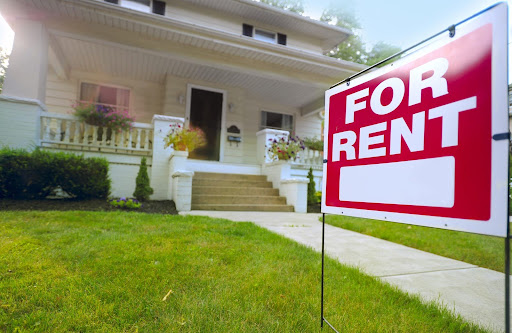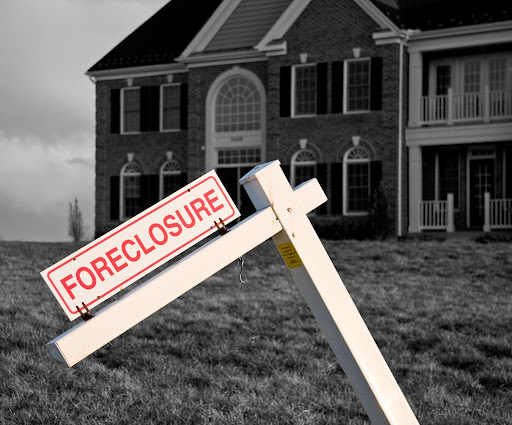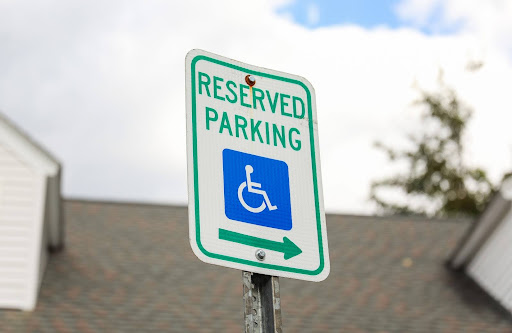What’s The Purpose Of An Architectural Review In HOAs?
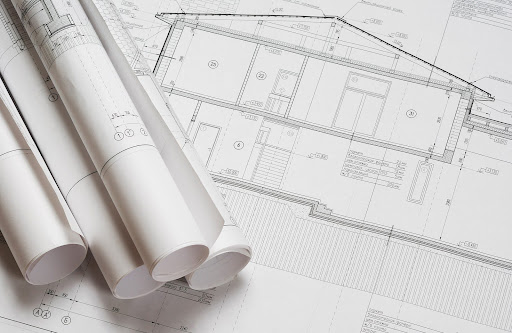
The purpose of an architectural review in HOA communities is to preserve the homes’ aesthetic appeal and uniformity. By doing so, associations can keep property values high, and homeowners can protect their investments.
What Is an Architectural Review in HOA?
An HOA architectural review is a formal process for evaluating and approving proposed changes or improvements to properties within the community. This process ensures that all modifications comply with the community’s architectural guidelines.
Examples of HOA architectural review guidelines include the regulation of the following:
- Exterior paint colors and finishes
- Landscaping changes and garden structures
- Building additions and extensions (e.g. rooms, garages, sheds)
- Fences, gates, and walls
- Patios, decks, and pergolas
- Roof changes and materials
- Window and door replacements
However, it is essential to note that architectural guidelines must not conflict with federal and state laws. For instance, the Over-the-Air Reception Devices Rule (OTARD) states that HOAs cannot prevent homeowners from installing satellite dishes and antennas.
The Importance of an Architectural Review in HOA Communities

Architectural reviews are essential to any homeowners association. They maintain aesthetic consistency, protect property values, ensure compliance with covenants, preserve the community’s character, enhance safety and functionality, prevent resident conflicts, facilitate fair and transparent decision-making, and promote long-term community planning.
1. Maintaining Aesthetic Consistency
One of the primary purposes of an architectural review is to maintain the visual harmony of the community. The HOA enforces design standards and guidelines to ensure that all homes and structures adhere to a cohesive aesthetic. This consistency helps preserve the neighborhood’s overall appearance, which can significantly impact property values and residents’ satisfaction.
2. Protecting Property Values
The architectural review process helps protect and potentially enhance property values. When homes in a community follow a unified design standard, it contributes to the area’s attractiveness and desirability. Prospective buyers are often willing to pay a premium for homes in well-maintained, aesthetically pleasing neighborhoods, thus benefiting all homeowners.
3. Ensuring Compliance with Covenants
Most HOAs have covenants, conditions, and restrictions (CC&Rs) that outline specific property modifications and improvement guidelines. The architectural review committee ensures that any changes or additions proposed by homeowners comply with these CC&Rs. This compliance helps prevent disputes and inconsistencies that could arise from unauthorized modifications.
4. Preserving Community Character
An architectural review helps preserve the community’s unique character and identity. Whether the neighborhood has a particular architectural style or specific landscaping requirements, the review process ensures these characteristics are upheld. In turn, this contributes to a sense of place and community pride.
5. Enhancing Safety and Functionality
The architectural review process can also address safety and functionality concerns. For instance, the committee can evaluate whether proposed structures or modifications meet safety codes, do not obstruct sightlines, and do not pose hazards to residents. This review ensures that all changes contribute positively to the community’s livability.
6. Preventing Conflicts Among Residents
The HOA can mitigate resident conflicts by having a formal process for reviewing and approving architectural changes. When all homeowners adhere to the same rules and standards, it reduces the likelihood of disagreements over property modifications that might be perceived as intrusive or inappropriate.
7. Facilitating Fair and Transparent Decision-Making
The architectural review provides a structured and transparent process for approving or denying proposed changes. Homeowners can understand the criteria used in decision-making, which promotes fairness and trust in the HOA’s governance. This transparency helps residents feel their concerns and preferences are considered and respected.
8. Promoting Long-Term Community Planning
The HOA can engage in long-term planning through architectural review to ensure the community’s development aligns with its goals and vision. This proactive approach allows for thoughtful consideration of how individual modifications fit into the context of broader neighborhood growth and improvement.
What Is the HOA Architectural Review Process?
To exercise architectural control in HOA communities, it is imperative to enforce a thorough approval process. In California, Civil Code Section 4765 requires that HOA CC&Rs reflect the approval procedure.
The specific steps of this approval process can differ from one association to another. However, they generally follow three basic steps.
1. HOA Architectural Application
The process typically begins with the homeowner submitting a completed HOA architectural review application. This form contains all pertinent information, including the type of architectural change and the project timeline. The HOA might also request supporting documents, such as permits, contractor credentials, design plans, and color swatches.
2. Review of Application
The architectural review committee or HOA board will then review the application. Reviews check for compliance with the CC&Rs and architectural guidelines. According to California law, decisions should be made in good faith. Additionally, they must not be unreasonable, capricious, or arbitrary.
3. Decision and Opportunity for Reconsideration
Finally, once the committee or HOA board decides, it must inform the homeowner in writing. If the change is not approved, the written decision should include the reason for the rejection and instructions on how the homeowner can apply for reconsideration. As per California law, Reconsiderations should occur at an open board meeting.
Who Oversees Architectural Review in HOA Communities?
Architectural reviews are typical for managing and living in a homeowners association. The responsibility of overseeing this review typically falls on the shoulders of the community’s leaders, namely the HOA board. However, a separate HOA architectural review committee may assume the task in many associations, particularly larger ones.
The architectural review committee reviews applications and documents and decides whether to approve or disapprove them. In some communities, this committee only makes recommendations to the HOA board, which has the final say on decisions.
Moreover, the architectural review committee is responsible for inspecting the community for any violations of the architectural standards. If the committee spots a violation, it will enforce the rules or submit the findings to the HOA board.
The architectural review committee also reviews the existing architectural guidelines to ensure they are up-to-date and harmonized with laws and the HOA’s governing documents. This committee can propose changes or amendments to the guidelines, subject to the approval of the HOA board and, in some cases, the rest of the membership.
Architectural Changes Without Approval
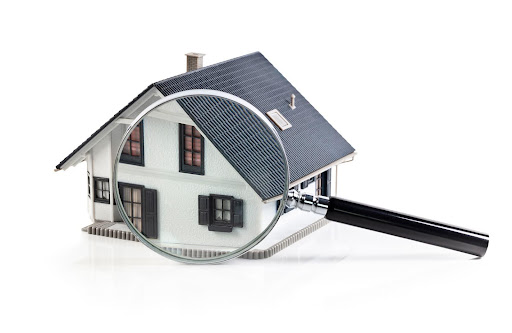
For most associations, architectural changes must always go through the approval process. If a homeowner receives a denial, they must not push through with the change. They can apply for reconsideration, but pursuing a change without the green light from the HOA can have plenty of consequences.
Violation Fines
An architectural violation typically results in a monetary penalty. Some HOAs allow homeowners to remedy the violation, giving them a notice before imposing a fine. However, other HOAs go straight for the fine, especially if it is not the first offense.
Depending on the association’s fine policy, fines can range from tens to hundreds of dollars. Furthermore, the gravity of the violation can also dictate the fine amount. For example, it makes sense of a breach that endangers the safety and well-being of others to carry a sizable fine.
Reversal of Unapproved Changes
If a homeowner makes an architectural change without approval, the HOA usually asks them to reverse the modification. The owner must pay for this reversal, and the HOA will not reimburse the owner for the expenses associated with the change’s reversal.
As such, homeowners must exercise caution and always seek approval before making architectural modifications. This can save them money on potential costs.
Re-application
Most associations do not allow homeowners to keep the changes and apply for approval after the fact because this encourages others to do the same. Approval must come first before the project can commence.
Once a homeowner reverses the unauthorized changes at their own expense, they must apply for approval. Only after securing the committee or HOA board’s green light can the homeowner proceed with the changes. Furthermore, the cost of redoing the reversed changes will also come from the homeowner’s pocket.
The Bottom Line
An architectural review in HOA communities serves many significant purposes. Ultimately, it all boils down to preserving the community’s aesthetic and keeping property values high. Reviews generally involve an approval process that the HOA board or a separate committee oversees. Should an owner proceed with unauthorized changes, monetary penalties and demand for reversing the changes at their own expense will follow.
Personalized Property Management offers expert management services to HOAs and condos in Southern California. Call us today at 760-325-9500 or email us at info@ppminternet.com to learn more!












